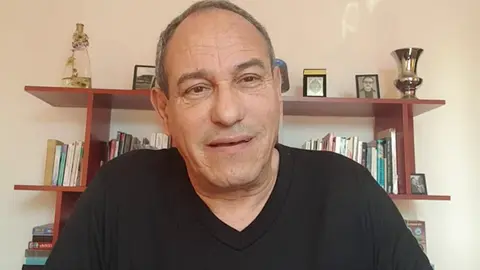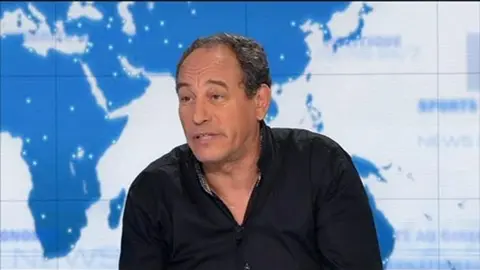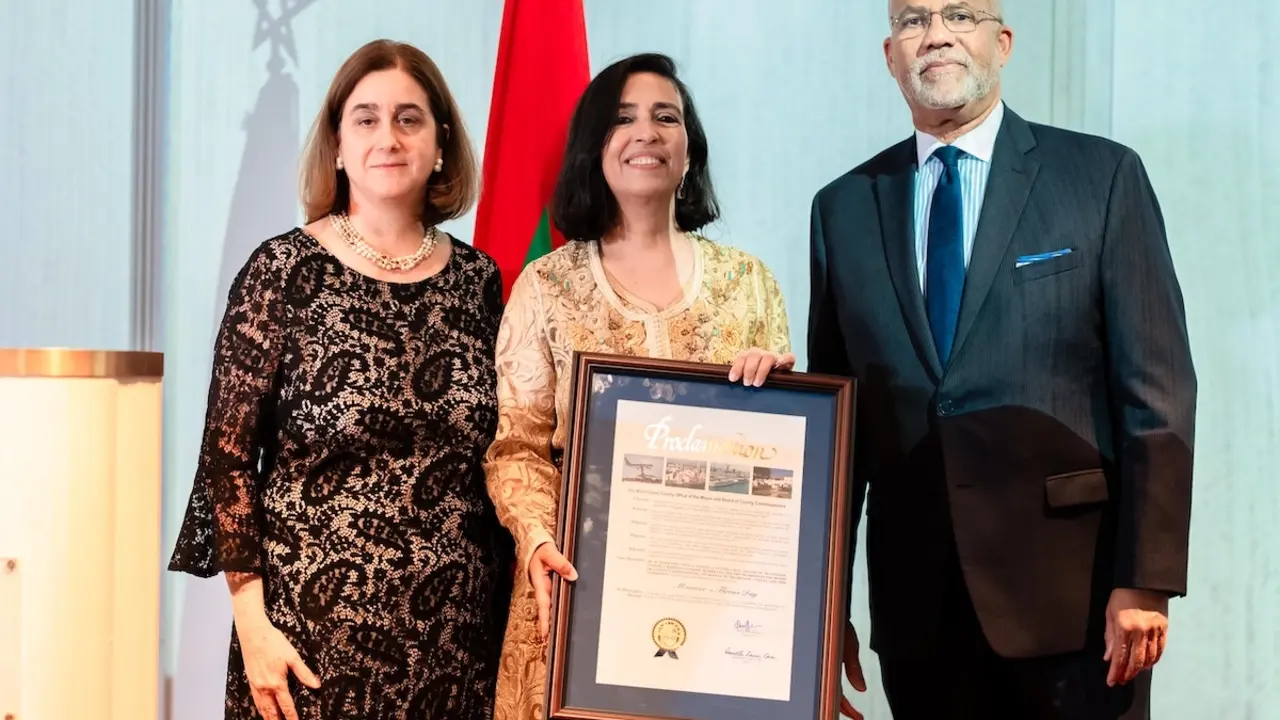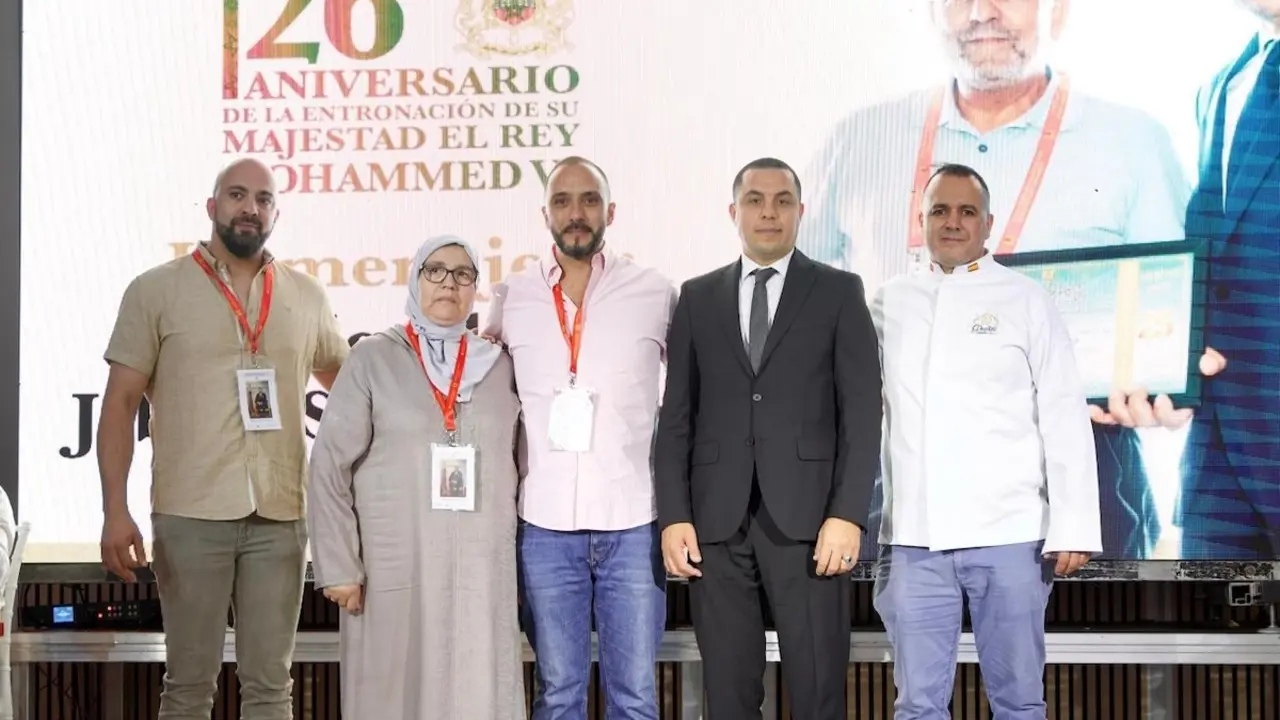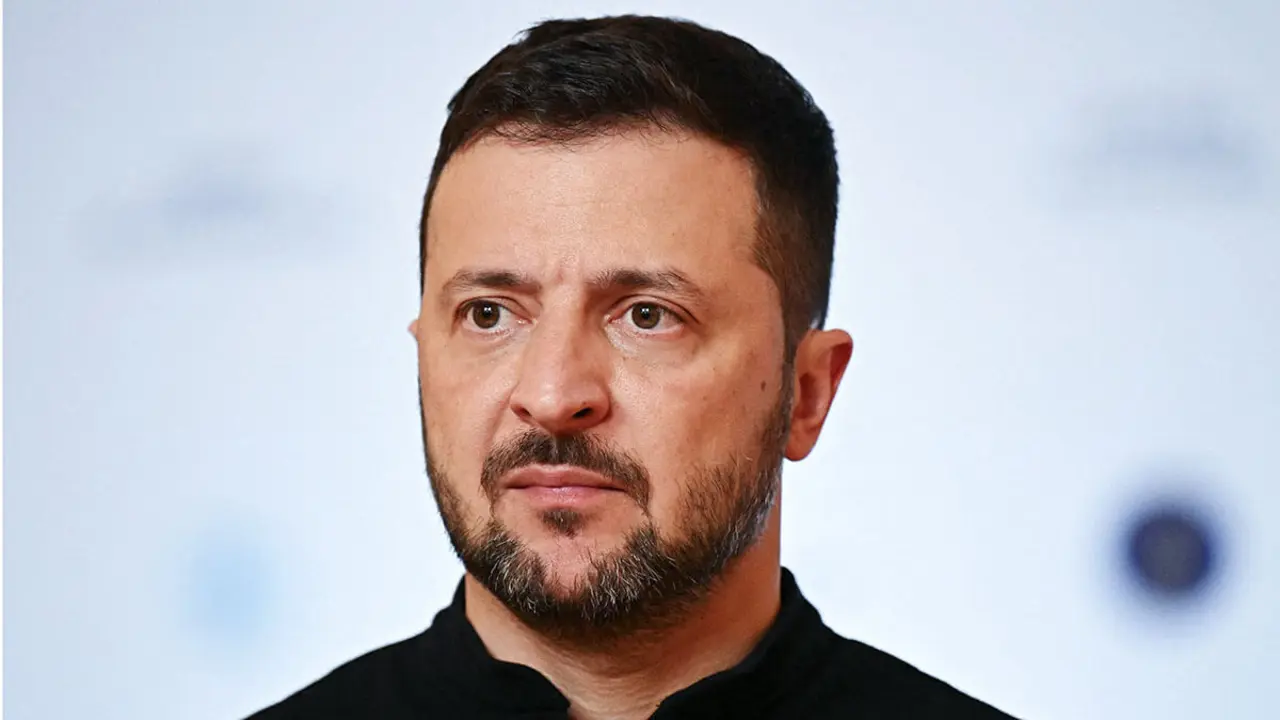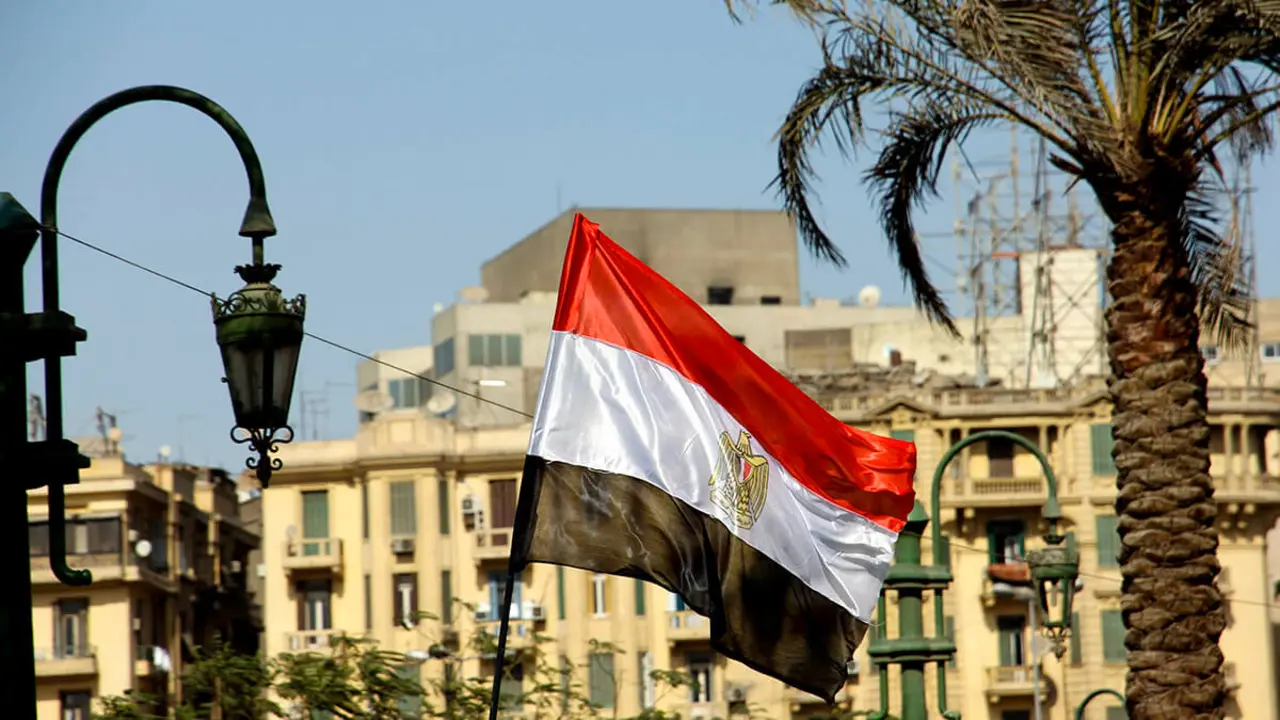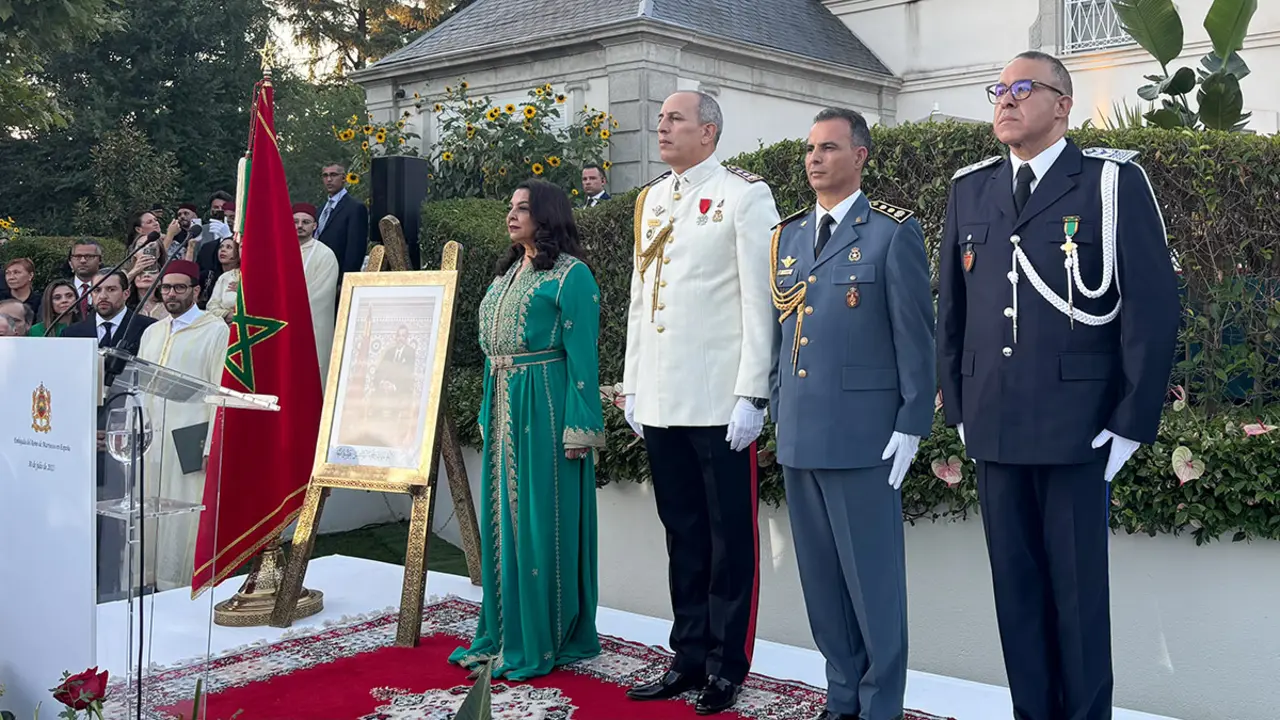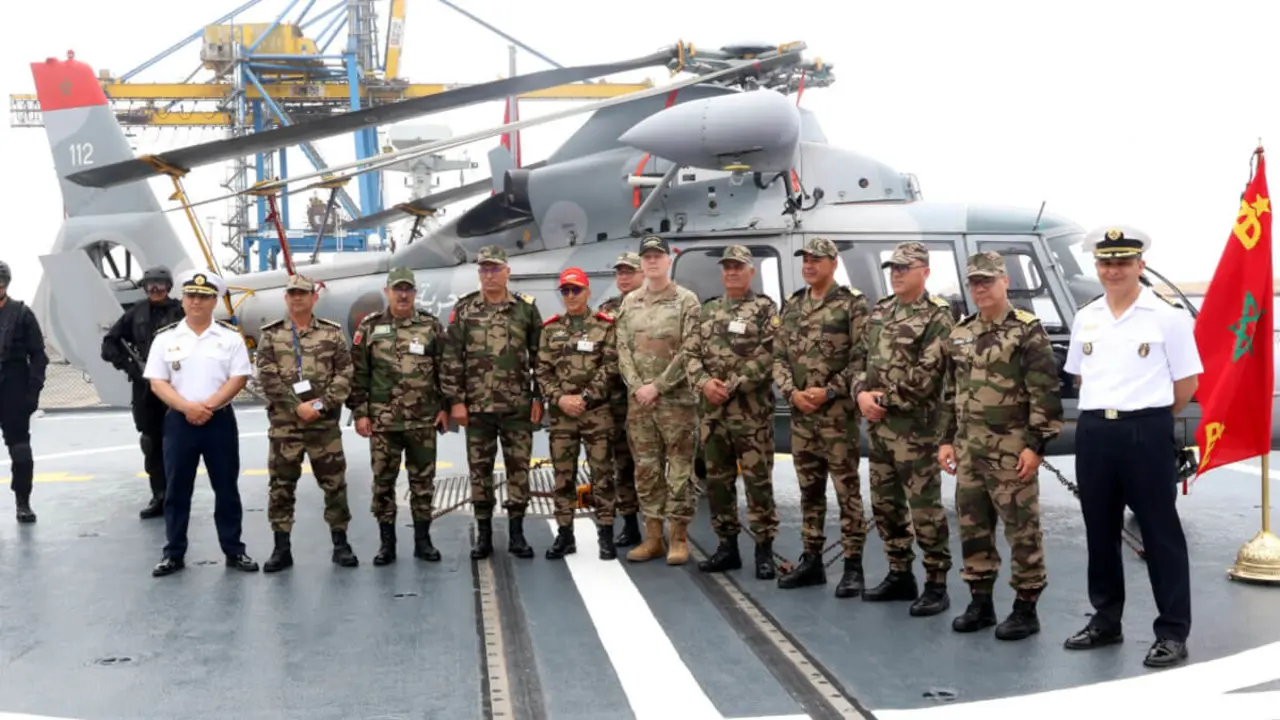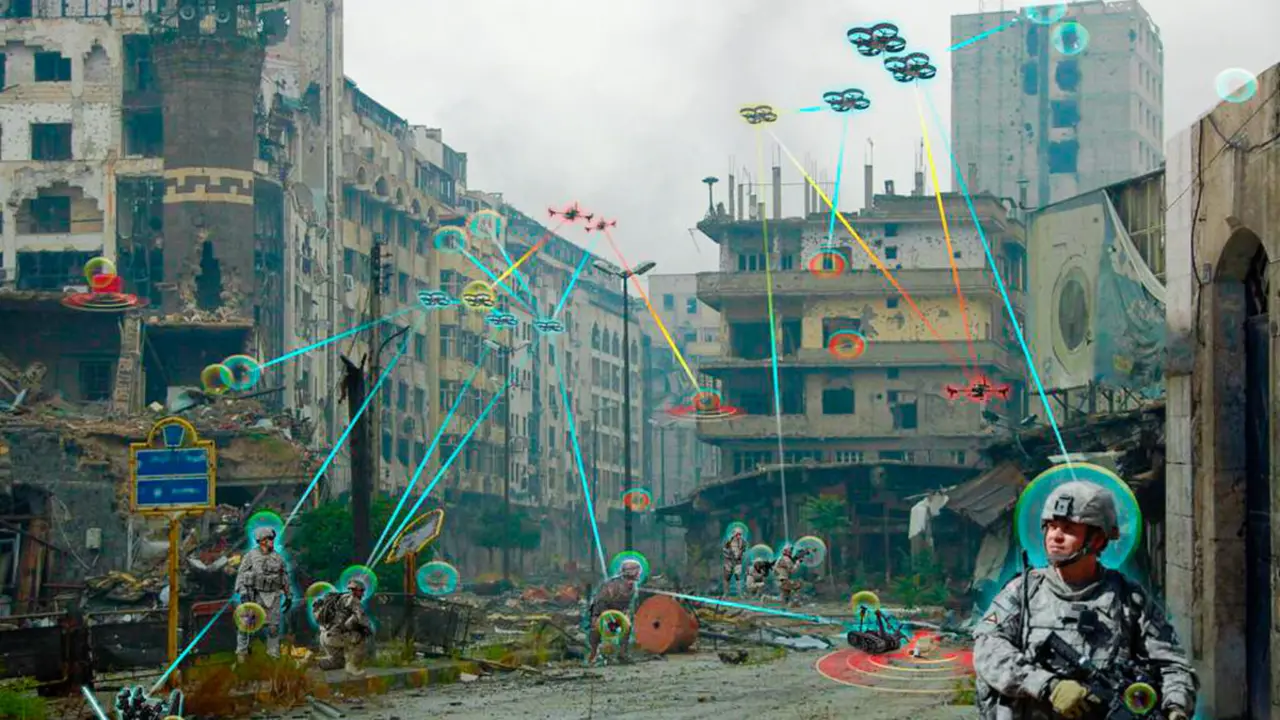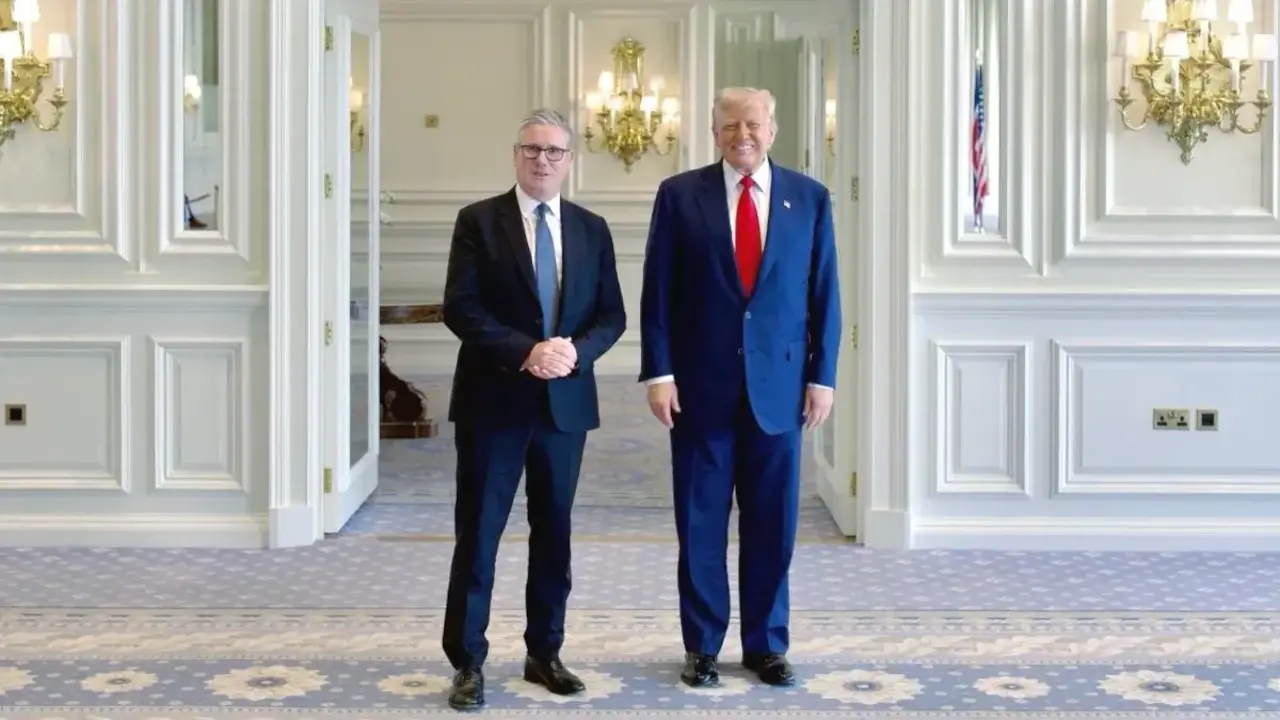Hichem Aboud tells Atalayar the details of his kidnapping in Spain
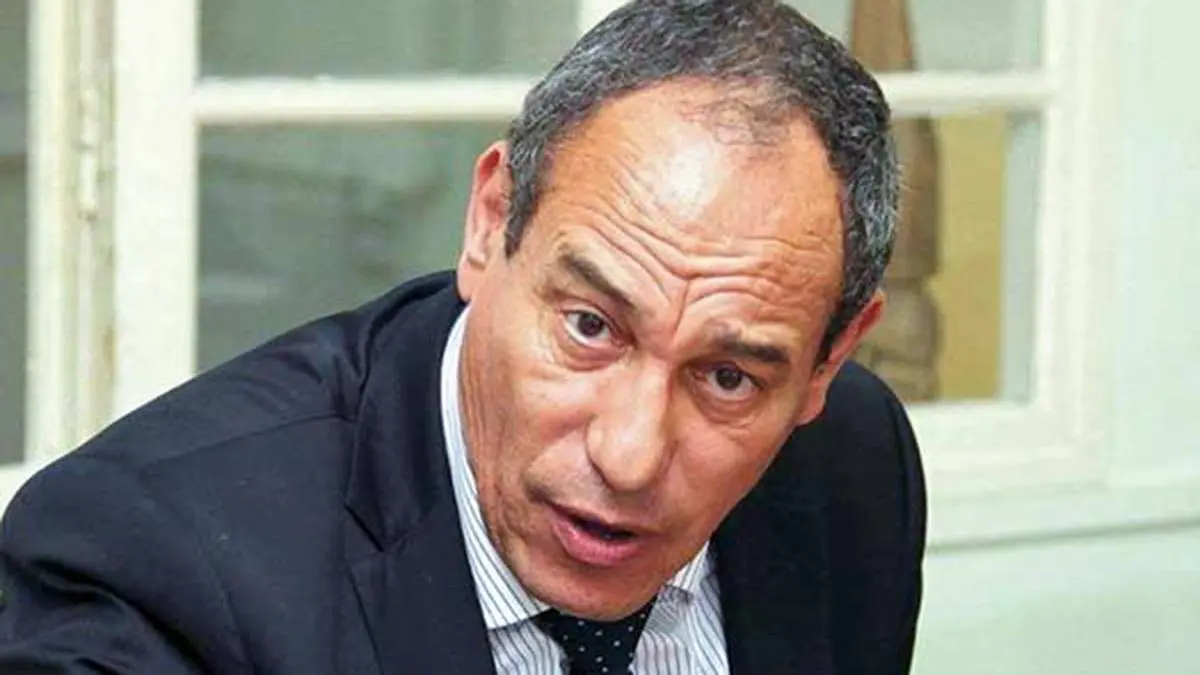
On his arrival in Barcelona on the night of Thursday 17 October, he was kidnapped by four armed men wearing balaclavas, a few metres from the residence where he was to stay during his stay.
‘They violently put me in the back seat of a car without number plates, which drove off at full speed in the direction of Malaga, following the orders of the gang leader’. The boss was exultant on the phone, telling his superiors ‘we've got him’.
During the whole journey, which lasted throughout the night of 17-18 October until midday, our colleague imagined all the possible scenarios. But the one that came up most frequently and insistently was that of a forced repatriation to Algeria, where a team of torturers awaited him to make him pay for all his journalistic work. This work was essentially devoted to denouncing the abuses of the Algerian regime, in particular the repression of all freedom of expression, corruption, plundering and everything else that has caused chaos in a rich country.
"The two kidnappers who had held me were the only ones left when the Guardia Civil stormed the scene. The rest of the group fled. I had my eyes covered by a balaclava, I couldn't make out what was happening, I only know that the two men who were lifting me up by my legs let me go. The other two holding me by the arms started dragging me along the ground to get me away from the gendarmes. We lay on our stomachs and I couldn't understand anything. When I heard the gendarmes' voices, I took off the tape covering my mouth, lifted the bonnet and saw the Senegalese. I asked him what was going on. He said: ‘The pirates’. I started to think and told myself that I preferred pirates to kidnappers," said Hichem.
Before he could shout, the Guardia Civil ordered them to stand up and raise their hands. He then shouted ‘hostage, hostage’ and showed them his bound hands to make them understand that he could not get up. The Algerian journalist said that it was at that moment that they saw that he was bare-chested and his trousers were covered in mud; they then handcuffed the two kidnappers on the ground and then one of them helped him to stand up before untying him further.
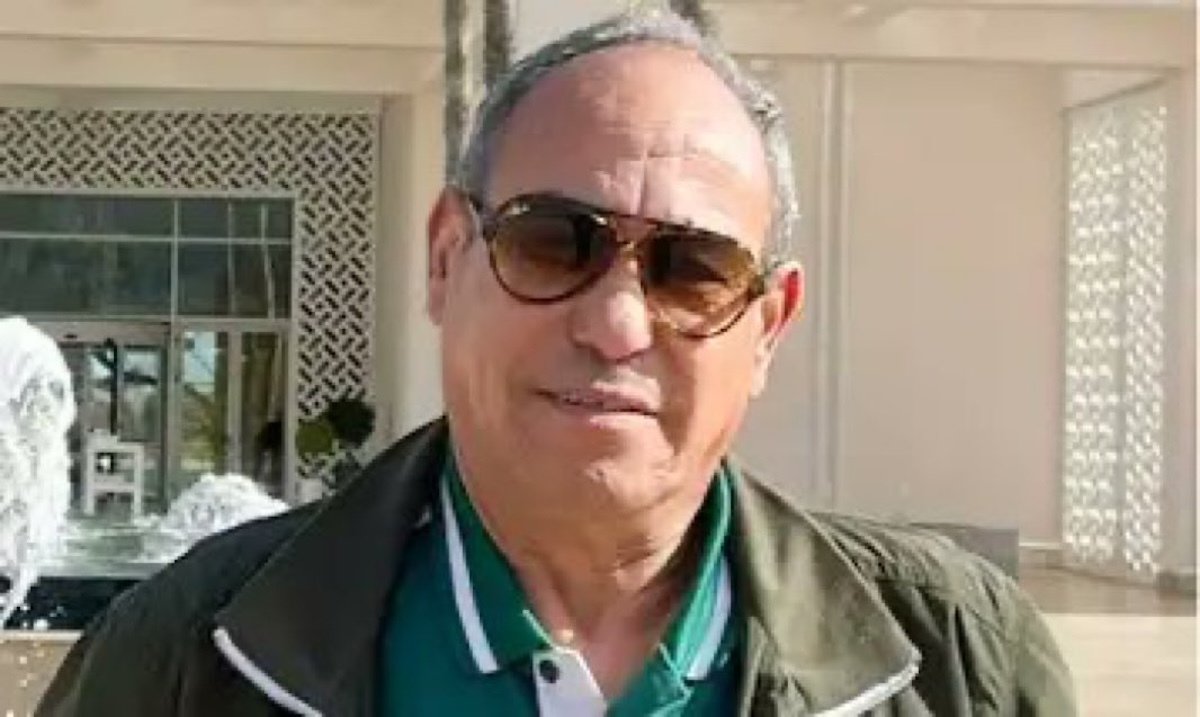
As he told Atalayar, all his attempts to escape failed miserably, and he had to trust in God, hoping for a miracle to abort the criminal operation mounted ‘by a terrorist organisation based in southern Spain and used by the Algerian secret services to capture the journalist Hichem Aboud. A first in the annals of the African and Maghreb press’.
On the banks of a river in Lebrija, a village some fifty kilometres from the city of Seville, the miracle finally happened. Just as four terrorists were about to embark their hostage on a river boat, with his head and eyes covered by a balaclava, his wrists firmly bound and his mouth firmly taped, Guardia Civil agents suddenly arrived on the scene, according to the victim.
The terrorists began to flee in a stampede. Of the group, only a Senegalese and a North African were left holding Hichem Aboud by the arms. They were finally apprehended by members of the Spanish security services. This was the end of the nightmare for our colleague, who received the necessary treatment in the town's civil hospital before the security and judicial procedures of the investigation began, the first elements of which revealed ‘the shameful agreement reached between a state that pretends to be respectable and an international terrorist organisation made up of mercenaries of different nationalities to transport drugs and protect the movements of drug traffickers,’ explained Hichem Aboud.
At the end of his ordeal, an emotional Hichem Aboud declared that he ‘could not find the words to express my gratitude to the Spanish Guardia Civil and, in particular, to the members of the Lebrija brigade’.
He added that his lawyer, ‘Essakali Abdeljalil, will soon approach the head of the Spanish government to denounce this hostile act by the Algerian regime, which has used the services of a terrorist organisation on Iberian soil to organise the kidnapping of a peaceful journalist’.
The editorial staff of Atalayar, which has been in solidarity with its journalist throughout his disappearance, congratulates itself on this happy ending to a painful and atrocious ordeal. But all's well that ends well.

